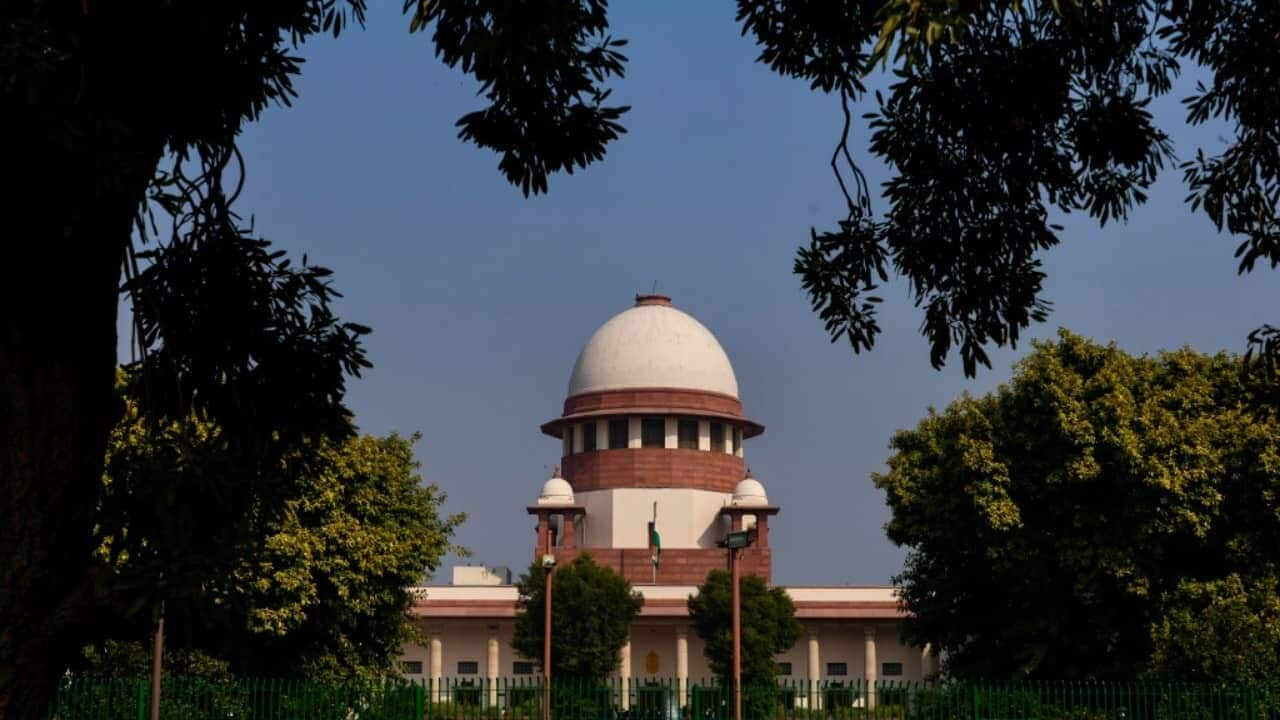No Ayushman Bharat in Delhi as SC pauses rollout order
What's the story
The Supreme Court has stayed a Delhi High Court order that directed the Delhi government to sign an agreement with the Centre for implementing the Ayushman Bharat scheme in the national capital.
The decision came after the Delhi government filed a plea against the directive, claiming it overstepped its authority by mandating policy agreements.
Senior advocate Abhishek Manu Singhvi, appearing for Delhi, argued, "The High Court cannot compel the state to sign a Memorandum of Understanding (MoU) with the Centre."
Financial implications
Delhi government's concerns over Ayushman Bharat scheme
The Ayushman Bharat scheme offers cashless health coverage of up to ₹5 lakh per family per year, covering a broad spectrum of medical procedures.
However, the Delhi government fears that implementing the scheme would dilute existing healthcare initiatives and add to financial burdens.
Singhvi noted that while the Centre would bear 60% of capital expenditure for the scheme, it wouldn't contribute to running costs, leaving Delhi to bear the burden.
Legal backdrop
High court's order and public interest litigation background
The Supreme Court's ruling comes after a December 2024 order by the Delhi High Court, which had ordered an MoU to be signed by January 5, 2025.
This was part of a suo motu Public Interest Litigation filed in 2017 regarding health infrastructure in government hospitals.
The high court had observed that Delhi's failure to implement PM-ABHIM was unjustifiable as 33 other states and Union Territories had adopted it.
Political responses
Political reactions and Delhi government's counter-argument
Delhi BJP president Virendra Sachdeva slammed the AAP government for denying residents benefits from the Centre's health insurance program.
In defense, former Chief Minister Arvind Kejriwal said his government believes existing local health schemes are more effective.
The Delhi government, in an affidavit to the high court, also argued the central scheme is based on outdated data and suits only a small fraction of Delhi's population.
PMJAY would benefit only 12-15% of residents, it said in its affidavit.
